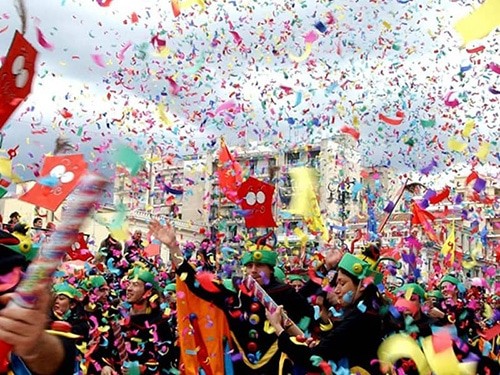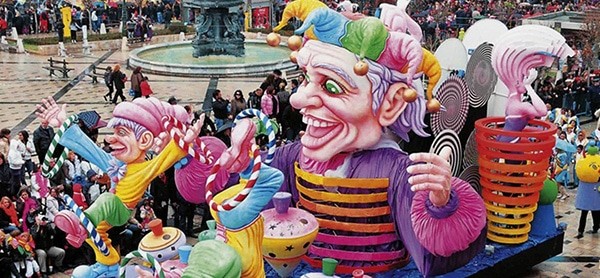Greece, because of its location, is a country of diverse roots. Greek consciousness is keenly aware that the Greek city-state period laid the basis for Western European civilization and today’s liberal democracies.
Modern Greeks believe strongly in their intellectual powers, intuition, and sense of artistry and they have a keen appreciation of their glorious past. However, four centuries of Ottoman occupation (between the 15th-19th century) created a culture that is a mix of Eastern and Western traditions, beliefs and practices.







